Master Teacher: Lopez
Jared Taylor: Welcome to the American Classroom, where we discuss the role of education in building a civil society. My name is Jared Taylor, and I'm here with my co host, Lindsey Crosland. Today, we're talking about master teaching.
Lindsey Crosland: Good morning.
Jared Taylor: The next in the series. You ready for that?
Lindsey Crosland: I'm ready.
Jared Taylor: Gonna be good. Let's get started.
We have a special guest today, Kathleen Lopez. So thank you for joining us.
Kathleen Lopez: I'm glad to be here.
Jared Taylor: Kathleen Lopez is the principal of the Heritage Academy Gateway Campus. Which is appropriate to be recording it's the 10th anniversary of that wonderful, beautiful campus. So we're glad to have you here. And a sponsor for our podcast today is Heritage Academy Schools.
We've got eight schools. They're running, they're doing great. So we're recording this podcast at the end of September. So if you're listening to it right away, it'll probably be be posted in the next couple of weeks. Get ready to apply because you're definitely going to want to. Go to the Gateway Campus of all the waitlist schools.
The Gateway Campus has the longest waitlist. That's a good and bad thing. So we're gonna jump in and we're grateful to Heritage Academy for sponsoring the American Classroom podcast. I'm excited to hear from Mrs. Lopez, the principal here today. So how are you doing this morning? I appreciate you coming over and talking with us today.
Kathleen Lopez: Yeah, that's it's great. It's exciting. I love to share the message of Heritage Academy Gateway, and I love my campus and my family and my scholars.
Jared Taylor: That's great.
This is the second in our master teacher series, and we're bringing in people that really know great teaching. And Lindsey and I, we don't necessarily have a teaching background, but we have children and they've been greatly blessed by great teachers.
We're admirers of great teachers, but we want to bring in great teachers so they can share their stories and experiences. And today we're going to ask you a little bit about what makes a great teacher. And I heard great things about your teaching as well. So I want to hear a little bit about your story.
Why did you decide to get into teaching? And then maybe we'll pick it up from there.
Kathleen Lopez: So I have been in education for 25 years. I was one of those rare folks. I declared my major at ASU the first time I walked on campus to do a tour. I knew I wanted to be a teacher always. I got my undergrad from ASU, started working here in Arizona.
I taught at Mesa Public Schools, Gilbert Public Schools, and then 10 years ago made the transition over to Heritage Academy Gateway. I was part of the so fun opening year. I love to tell this story. I tell it every time I give a tour on my campus about how we were in six little portables. We had eight staff members and 49 scholars and it was this amazing, awesome family and how we've just almost grown exponentially since then.
The Gateway campus is now pre K through 12th grade and we have over a thousand scholars that we get to work with and teach. So it's been an amazing experience. I love my families. I love teaching. I have a degree in special ed, a math certificate, and my master's is in counseling and HR.
So I, yeah, I've only had one other job in my whole life that wasn't with young people.
Jared Taylor: Oh, that's good. Talk to us a little bit about what you've observed. How many years in education have you been now?
Kathleen Lopez: 25.
Jared Taylor: 25. Okay. So you've seen the good, the bad, and the ugly in teaching.
Kathleen Lopez: For sure. And I actually, when I taught in Gilbert public schools part of what I did as a special ed teacher was, and I was an itinerant teacher, which meant that I pushed into lots of different classrooms and it was really enlightening for me to see so many different teachers everyday in their element to get to learn about them. Both the bad and the good see from that example.
So, yeah, there's so many good teachers out there and so many that want to be good teachers and want to get help.
Jared Taylor: One thing that's so great about these recordings is people can go back and we can share them with new teachers or teachers that are maybe three to five years in that are still working on establishing those good habits and patterns.
You've really been able to see from a bird's eye perspective the last couple years as the principal some great habits that teachers have these master teachers these ones that have got the it factor But they probably worked at it but sure a couple of thoughts that you've had or observations that you've seen relative to some of the best habits that you've seen that teachers
Kathleen Lopez: So I narrowed it down to three different areas that I think make teachers masters of their craft.
And the first one I think is the most important and it's care and having appropriate relationships with your scholars, taking the time to build those relationships and having the scholars know that you are there for them. You care about them. That is the most integral piece. I think scholars will do anything for a teacher they know cares about them. Just like we as humans do right when you know someone loves you and has your best interest at heart.
And then the second one I thought about was classroom management. If your content is on point, if you're the best chemistry teacher or history teacher in the whole world, if you can't control your classroom, it doesn't matter.
And then the third thing that I thought about was just a continuing desire to grow, to improve, that willingness to change and modify and adjust, especially when you've been doing something as long as I've been doing it.
Not to say that you want to jump on the bandwagon and do the latest and greatest thing this year, but just an openness to saying, oh wow, maybe the way I did this for 10 years is not the best way. And I could learn something new. So yeah, that's amazing. Those are the three areas that I picked out.
Jared Taylor: Okay. Let's dig into those.
Lindsey Crosland: Yeah, it's interesting. The last couple of days, I've just been pinging my daughter. She's in eighth grade. And I was like, hey, who were your favorite teachers last year? And why?
Because I can go through and think about all my favorite teachers throughout my life. And she gave me a list and a lot of them line up with the reasons why or reasons why teachers are masterful the ones that are. And when I thought back to myself, I thought, you know what? I remember the ones that I felt cared about my success and cared about me in the classroom and knew me well.
And I don't remember if they were an expert at history. But I remember, it's memorable for me years later that they cared about my success. So I love that. That's number one.
Kathleen Lopez: Yeah, one of my teachers I was working with my scholar council about an activity and we were talking about maybe missing some class time, to do this activity that they wanted to.
And they're like, oh no. We can't miss class time with this one particular teacher because she needs us to be in her room. She needs us to be learning and we cannot have miss her class. That's not going to be okay. And they weren't saying it begrudgingly or angry. They weren't, they were like, no, it is important for us to be in there.
And she needs us in there to work with us and do what we need. And then I was like, oh my gosh, that's hilarious. Like what high school kid is no, I can't miss calculus. I have to be there.
Lindsey Crosland: No, I hear parents say all the time. In fact, I remember a parent talking about their senior who needed to get their wisdom teeth taken out and they would not schedule their appointment during a specific class because they really wanted to be there and they didn't want to miss.
And usually you hear stereotypical students, sweet dental appointment, I had to miss school. The desire to be there, because they know that their teacher cares if they're learning.
Jared Taylor: I took a class from a really great teacher named Lee Brower a couple of months ago, and he made the distinction of a teacher who's interested versus interesting, and he says, you've got to start with being interested. What does the person really care about? What are their challenges? What are the obstacles facing their life? Start there, let them know you care, right? Because they don't care how much right? Anyways, I think that's an important distinction, but tell us a little bit more about that. Have you seen that expressed or how teachers develop that in themselves?
Kathleen Lopez: I think that it has to be a little bit just part of their personality. I think that working with young people is challenging. Sometimes you get your feelings hurt. Sometimes it's hard to come to school. You don't really see that you're making a difference immediately.
I have another teacher on my campus right now. She happens to be my special education teacher. And she has such a heart for our scholars that she works with. All of our scholars, but in particular hers. And it's so important for that relationship to have been built with those young people, especially because they struggle and they don't always feel success and having that relationship with her, having them know that she's going to call their parents and tell their parents how much she loves them and cares about them.
And it's moved mountains for these kids. They've accomplished things that maybe they wouldn't have been able to. They have some self-confidence that they wouldn't have been able to. And it all started with her having that moment of. Hey, I'm here and I love you and I want to help you be successful.
As I'm telling this story, I think that it's okay for teachers to tell their scholars that they love them. We live in this world where words like that can be portrayed as not appropriate, but it's not inappropriate. They have to care about them. They're giving up their time, they're giving up their lives at home. A lot of the times to do that.
Jared Taylor: And sometimes that's the only place they might hear.
Kathleen Lopez: Right? I had another teacher come in and we were struggling with this young lady. She graduated. Thank goodness. We got her to graduation, but we were struggling with her and another teacher was talking to her and she had looked at her just straight in the face and said, are you being for real?
Like you really care about what I'm doing. And the teacher was just gobsmacked like of course I care. I'm talking to you. Sometimes I think they think it's just lip service, but and then along with that too, with appropriate relationships, it's teachers setting boundaries for themselves.
How do I have another teacher? She's young on my campus, not super young, but young and she gave everything. She was there in the morning. She was there at lunchtime. She was there after school. If you ever walked by her classroom, even during a passing period, there were like 30 or 40 kids in there. Cause they loved her and wanted to be around her.
And last year she came to me and she's I'm really struggling, Kathleen. Like I, I'm cranky when I get home. She now has two young kids and a one-year old. And I think her oldest is in our kindergarten across the street this year. But I'm like, you've got to get some boundaries. You have to be there for your family when you get home too.
And she was open to that. We talked through this doesn't mean you're not a master teacher. It doesn't mean you don't love your kids. It doesn't mean you're not doing everything that you can, but you have to be there for your own personal children too. And so I helped her, set up some boundaries with the scholars and this year she's oh my gosh, it's so much better.
And they love her just as much as they loved her when she was available every minute of the day.
Jared Taylor: No, that's good. Thank you. That's super. That's just so powerful.
Lindsey Crosland: That's great. I can think of an example, even if it might not come naturally to teachers to, be that caring every minute just doing things like bell work.
I've heard from scholars. If the teacher, at the beginning of the class says, okay, write down a fictional land you'd love to live in and then the teacher shares theirs and then the kids get to know each other and they get to know the teacher and the teacher needs to get to know the kids without being like, where did you grow up?
You know? And then they're able to get to know each other and feel like the teacher knows them. Anyway, bell work is an opportunity for teachers to get to know their students. Inside of class besides the subject matter they're working on.
Kathleen Lopez: Yeah, for sure.
Jared Taylor: Let's talk about classroom management.
Kathleen Lopez: This is always a hard one.
I know back in the olden days when I went to school to be a teacher, there was the old adage, don't smile until Christmas
I do believe Heritage is really good at helping develop this sense of consistency and recognition of the importance of everyone buying in. At the beginning of every semester, every year, my teachers and scholars create the class expectations together. Like we sit down, we talk together. What do we want this class to look like?
What should our policies and procedures be? If you have to sharpen your pencil, what does that look like? And then they also talk about the consequences. What should the consequences be for those that are interrupting the learning environment of others? So you immediately have the scholars understanding that they're part of the whole plan and they see the relevance to themselves.
Now, truth be told, I have high schoolers but I think this is relevant all the way down to elementary school. The conversation is going to look a little different with a second grader, but having them have their voice in the decision for the way their classroom is run.
And then with the teacher, the hardest part is being consistent with that because it's of the caring. We always want to make an excuse, right? Jared's talking because he had a bad day, so I'm not gonna, I'm not gonna call him out, but that's where you have to not smile until Christmas.
Everyone has to follow the rules. You have to issue that consequence exactly the way that you determined that you were going to do it. So the scholars understand, okay this is really going to happen. And it seems counterintuitive to young people, but they want structure. Yeah they think they want anarchy in the classroom, right?
Like we're going to get to decide what we're going to talk about today. And we get to decide if we want homework, but they don't really want that. They're not able to voice that yet, and they thrive when the environment is structured and when the teachers are consistent.
I have a new teacher on my campus. She actually had many years teaching college, but she's brand new to teaching at the high school. And it was a very difficult learning experience for her, to manage a classroom full of freshmen versus college level scholars who are paying to be there.
Jared Taylor: Different motivation levels.
Kathleen Lopez: Yeah I'm like, they don't really get to choose when they're freshmen. We all have free will, but we have to help them along and enforce them and we work together and she sees the value in it and things are way better. In her classroom this year and the scholars are learning more and yeah, it's been good.
Jared Taylor: I like how you didn't use the word discipline. I didn't even hear that word come out of your mouth on there. But you talked about consequences and correcting behavior and things like that. And I think it's Harry Wong who says, don't think of discipline as separate from your classroom management because if you're managing your classroom and the systems and habits, then discipline is just part of it.
It's self-correcting. That's part of the management of it. I like that mindset.
Kathleen Lopez: Yeah it works when kids understand what I am expected to do? What are the rewards when I do it? And what are the consequences when I don't? It makes everything run really smoothly. It doesn't hurt that I have the best scholars, that does help.
Jared Taylor: And I love that. I'm a process guy. I like Six Sigma and Lean and all that and that whole idea of classroom management and the systems and rhythms of here's what great students, great learners do. And this is what, this is how we do it in this class. But every teacher can be a little different in that as well.
Absolutely.
I have one teacher who if you were to walk into her room, you would not think that learning was happening. She has these really flexible desk things and you'll walk in and she's sitting on the floor with 12 kids lying around her at her feet. And they're talking about math and the kids are 100 percent involved and amazing learning is happening, but it doesn't look maybe like what someone thinks that should look like.
And then I have another teacher who has come so far too with his classroom management and his system is that the scholars are in desks and they know they have their assigned seat and that's what works for him. So you're right. You have to figure that out as a teacher and it takes a lot of trial and error sometimes and moving to my next point about the teachers, the next habit I think is successful at being willing to grow and improve is you have to realize that every year it could be different.
You can't forget as a teacher that you're working with, 25, 30 different personalities every class period. So what works in your first hour class might not work with your third hour class. And if you are so set in your ways, you're missing an opportunity to make connections with those scholars and to increase their learning.
Yeah each learner's different, right? Just like in your previous example, loud classrooms don't necessarily mean learning. It might be. Hands in the air talking quiet doesn't necessarily mean learning. It might be right, but if you gotta dig down into the learner level, whatever the appropriate term is there, right?
Because you have introverts. Quiet is learning for them. They're cogitating and processing. They don't need to have their hand in the air and talking all the time, but we all know the people that do.
Kathleen Lopez: Yeah and that goes back to learning your scholars and that care component too is taking that time to figure out, like, how does this group of kids function the best together versus how does this group of scholars function the best together?
Jared Taylor: It's almost like a kaleidoscope. Every hour is different. You have a different mix of learning, but it's all beautiful. You just got to tune into it, every now and then we'll get a resume that says they have 25 years of teaching experience. And I always want to know do you really have 25 years of experience or do you have one year of experience 25 times over?
Are you really growing? And so we dig into that in our teacher interviews to see, is this person really, that deep into their development as a professional educator. And we have certain questions that we go into that because some people just think that they're okay. And this applies to all professions not just teachers, right?
They think, Oh, I'm five years in, I know everything. It's all been done. I'm good. Just keep doing it over and over.
Kathleen Lopez: Yeah if you're done learning or you're done growing and it doesn't make you a successful person, I think in any avenue, you have to be open to taking more classes or doing reading going out on your own.
And, like we talked about a little bit earlier, not jumping on every bandwagon that you come across, but being willing to spend that time doing research. And then for my content area teachers specifically, having them dig into the standards every year and what am I expected to do this year?
And adjusting lesson plans if, in my opinion, if you're teaching the same curriculum map. Year after year, you're missing an opportunity to do good things in your classroom and to do good things for your scholars. So It's that effort, it's that extra step. At Heritage we are really different because we don't dictate curriculum to our teachers.
Especially at the high school level. Every time I give a tour, parents ask me what curriculum you use? And I'm like, use the state standards.
Jared Taylor: They wanna hear some brand.
Kathleen Lopez: And I have to explain to them, and it takes a second, but I'm like, we hire people who are experts in their content area, so we trust that they're able to look at the state standards.
And on my campus, we have a ridiculous number of dual enrollment classes. So my teachers not only teach to the high school state standards, but they also teach to the community college standards. So I trust their professionalism and their expertise to create lessons that meet those standards. And parents are like, whoa, like you trust your teachers.
Jared Taylor: Yeah, imagine that!
Kathleen Lopez: We do they're professionals. That's awesome. But they go out of their way. They do that research. They adjust their curriculum maps yearly. They work on their lessons. And I feel like. The best teachers are always adjusting lesson plans, even between first hour and second hour.
Oh wow, that example didn't go great. How can I fix that for my next class?
Lindsey Crosland: I love that Heritage Academy hires subject matter experts and that's so important. And from having a child at Heritage Academy. One teacher that came up was math teacher from last year and I said, math isn't your best subject.
Like why was that one of your favorite teachers? And she said she was so good at explaining to me, which means she was good at teaching the subject that made sense to someone who maybe struggled with math or wasn't their best subject. And she excelled in it. Yeah, subject matter expert, and then is able to deliver.
And then I have so much respect for, in my adult life, I've taught just on a volunteer basis in the community. And I have so much respect for the teachers that have good classroom management because that's one thing I've never been trained on. And so all of our teachers are so good at that, and I go into a classroom and I'm like, I have so much to learn.
Jared Taylor: It's funny we'll get to these retired lawyers that have been in the courtroom for 30 years, putting bad guys in jail and they get into a classroom and they're like, ah, I got this a week and they're like I don't got this.
Lindsey Crosland: And then that's when our principals come in with the training.
Jared Taylor: Oh, I know you guys are the best.
So let's say we have a new teacher and we need to get them into new habits. They haven't learned bad habits yet, right? What are two or three things that new teachers can do to start on the right way, getting these good habits down and learning, not getting frustrated, trying to get, do it all at the same time.
How do you coach your new teachers?
Kathleen Lopez: So one of the programs we have is every time I hire a new teacher and quite frankly, just as long as they're new to Heritage, it doesn't matter if they have years experience anywhere else, they are assigned a mentor teacher and we have an outlined a number of topics that this those two people will cover over the year.
So that's the first point of contact for them to ask for help. The second point of contact would be me and my admin team. We spend a lot of time observing our classrooms on my campus. We 're in there at least once a month, if not more often, we want to know what our scholars are learning. I want to be able to answer questions when people ask me, what's happening in French?
And having us be able to visit with them and help them along. And then the piece that I think is really important that I learned from my own experience is observation of their peers. Spending time in another classroom. It can be so helpful to see it's first of all, it's much less stressful than being observed, right?
Having your administrator in your classroom makes people sometimes get very nervous So when you go and spend even 10 or 15 minutes watching another teacher you can learn so much from them. You know, there's books, there's videos we have all kinds of things that we do depending on the teacher's level of experience.
I have different readings that I assigned to them. Harry Wong is actually one of them. It's very tried and true. That was a book I got when I was in college. But it's encouraging them to take that time through it and saying, hey, this is where I see a need for growth.
I mentioned another teacher. He really struggled when he first started and he was almost the most dedicated person I've ever seen with wanting to grow and wanting to improve. He would take any feedback from anybody. He went out of his way to observe his peers. He did all the reading I assigned him. We worked together, we met almost weekly for a while. And it's just that desire to improve. It's just like our scholars, right? Effort usually gives success, right? When you put a lot into it, when you care about being successful, when you care about making a difference for your scholars.
So to sum up and answer your question after I just went on and on. I would just say making contact with colleagues, having a good relationship with your administrator and being willing to listen and improve and take that feedback.
Jared Taylor: I know one great teacher that one of the best teachers that my children ever had. I asked him, I'm like, how did you do this? You don't have a teaching background. He majored in finance. And eventually he got more education in the professional discipline because I was so desperate every in service, I just look for one thing I could do to enhance one lesson because then it just stacked up over time. And I don't know, I guess I'm a good teacher.
He was a fabulous teacher and I have lots of stories. We'll talk about Travis sometime. He was excellent, but that was his approach. He's I don't know. I just did one thing. Every in service and stacked them up, which was great.
Thank you. This is great. This is a fun conversation.
Having great teachers is indispensable to great learning and great schools. And this is one of the reasons why your teachers are the best and your school is the best. So thank you for being here with us today on the American Classroom Podcast. Lindsey, any last words here before we wrap up?
Lindsey Crosland: I would just say another important feature of a master teacher is that they're a good role model. And that not only are they subject matter experts, but that they demonstrate the character. And the respect for their students that they expect in return. And I see that a lot as a quality of a master teacher. So I just wanted to throw that in there.
Kathleen Lopez: Yeah I agree with that for sure.
Jared Taylor: We're grateful for your participation here on American Classroom Podcast.
We'd ask those that are listening to rate us and click and all that good stuff on Spotify or Apple Podcasts, wherever you see or listen to your podcast here. Follow us in our, on our Facebook group. Our webpage is AmericanClassroom.Show, and we look forward to talking more about master teachers in the future.
Thank you, Kathleen.
Kathleen Lopez: Thank you.
Lindsey Crosland: Thanks for coming.

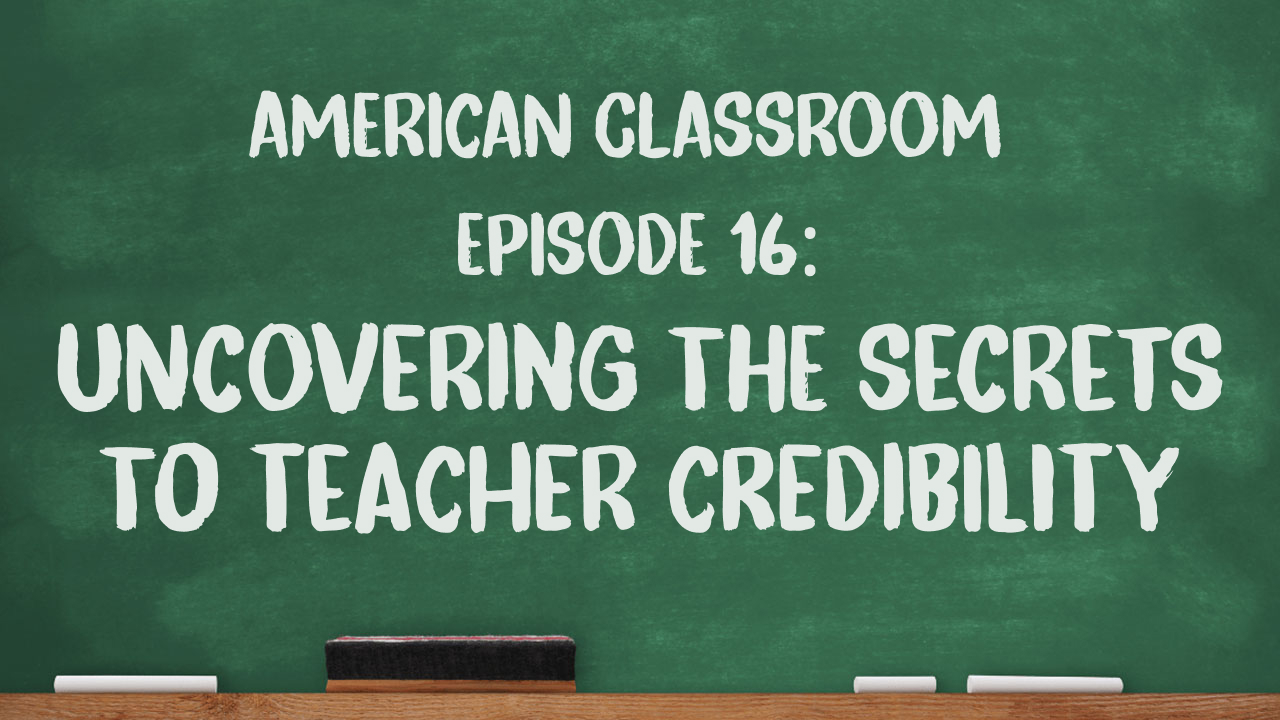
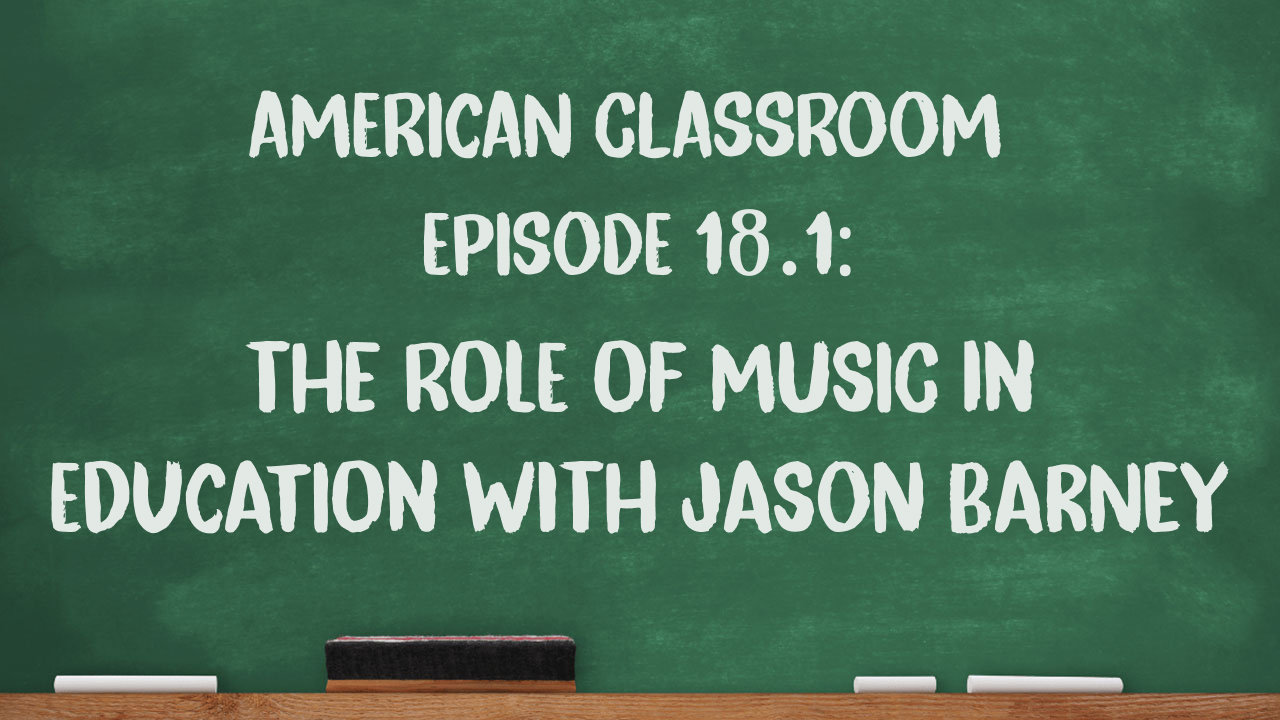
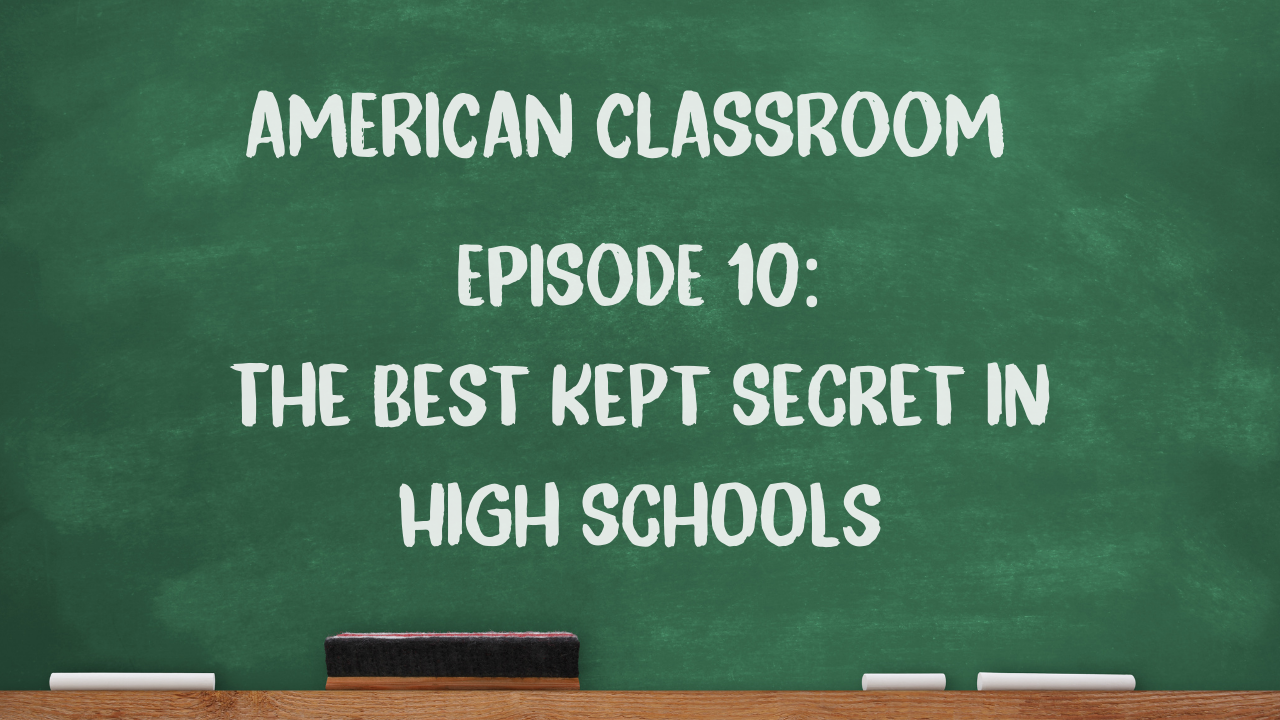
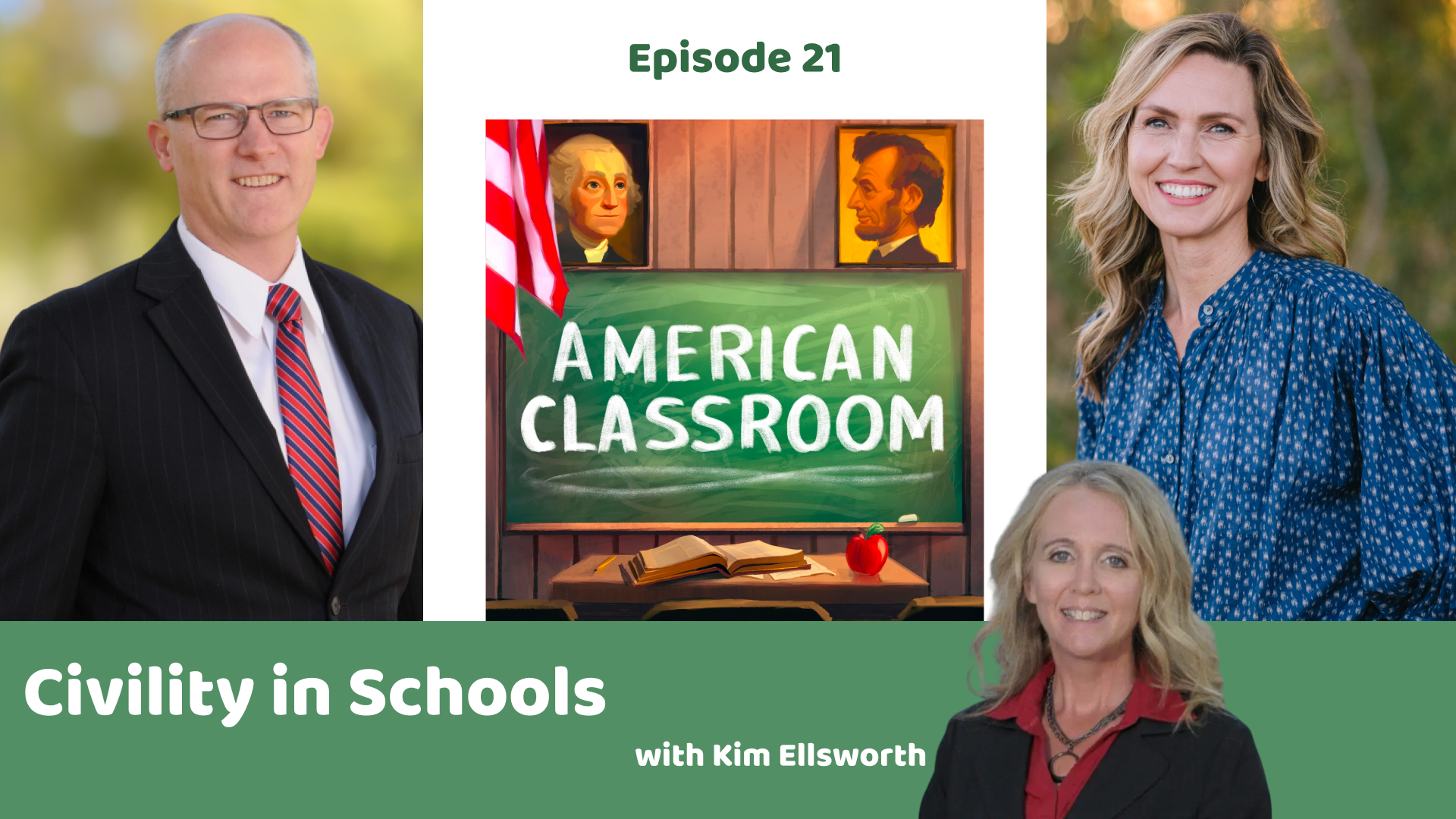
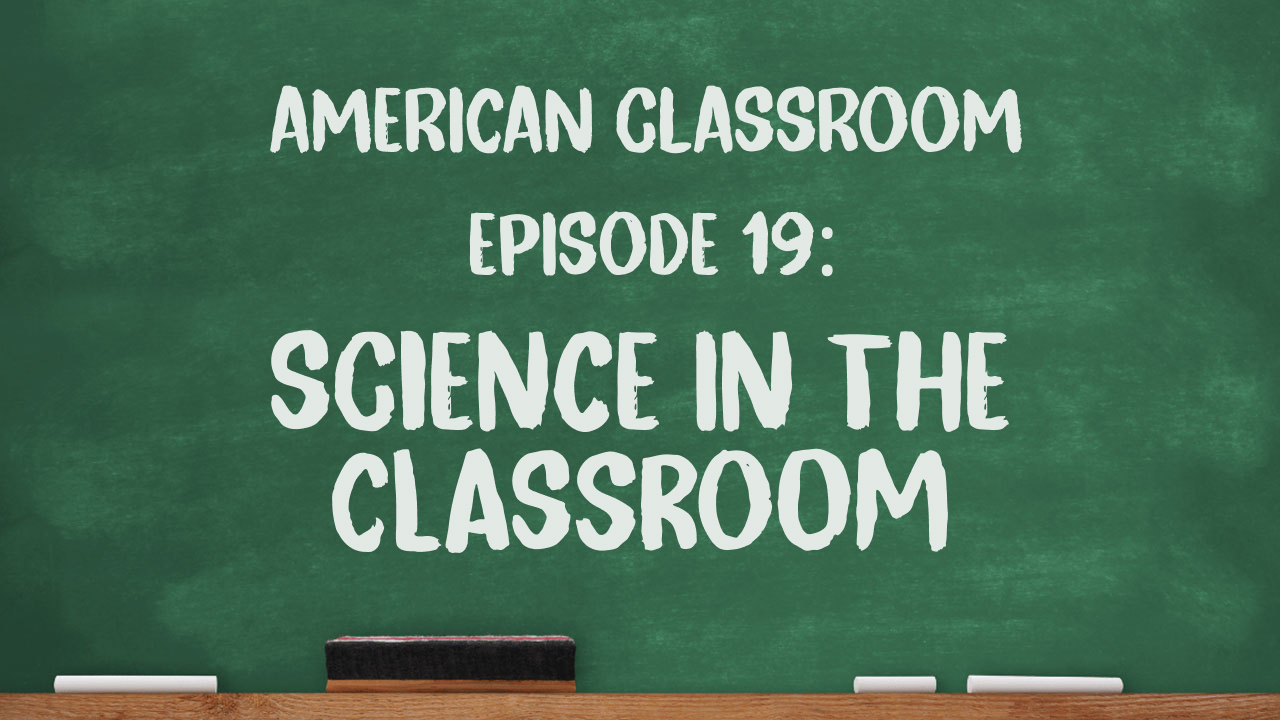
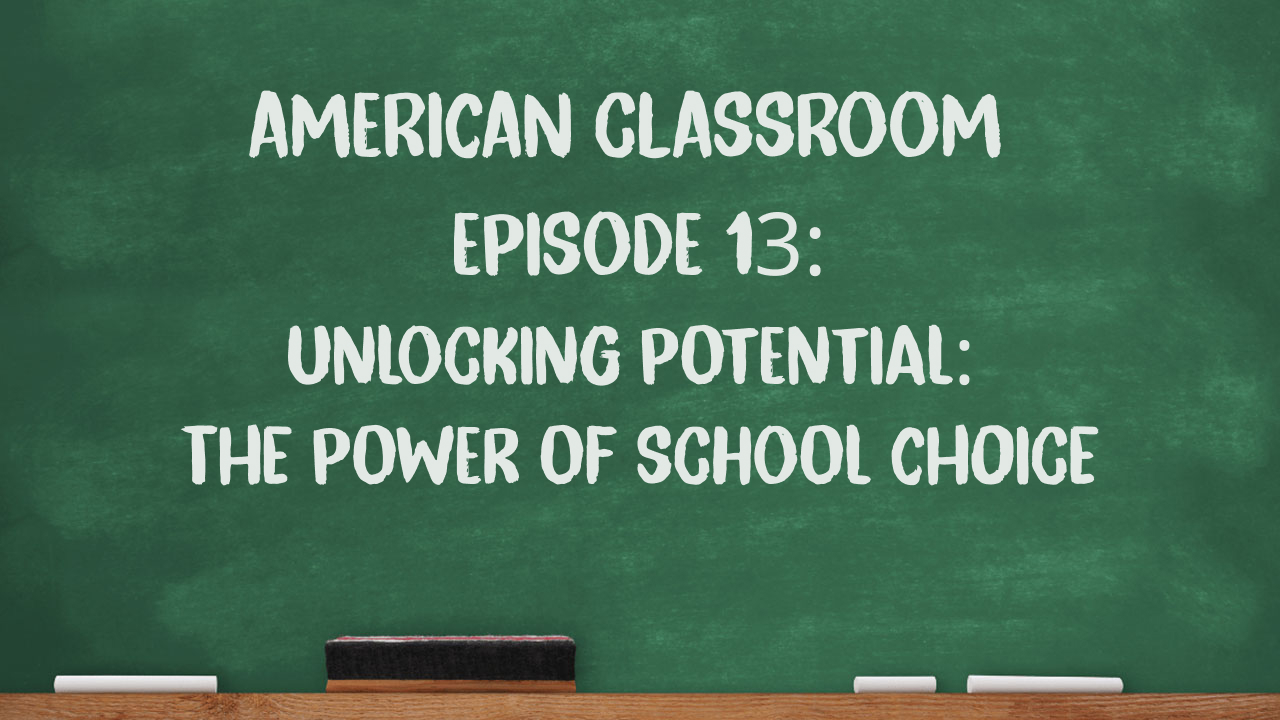
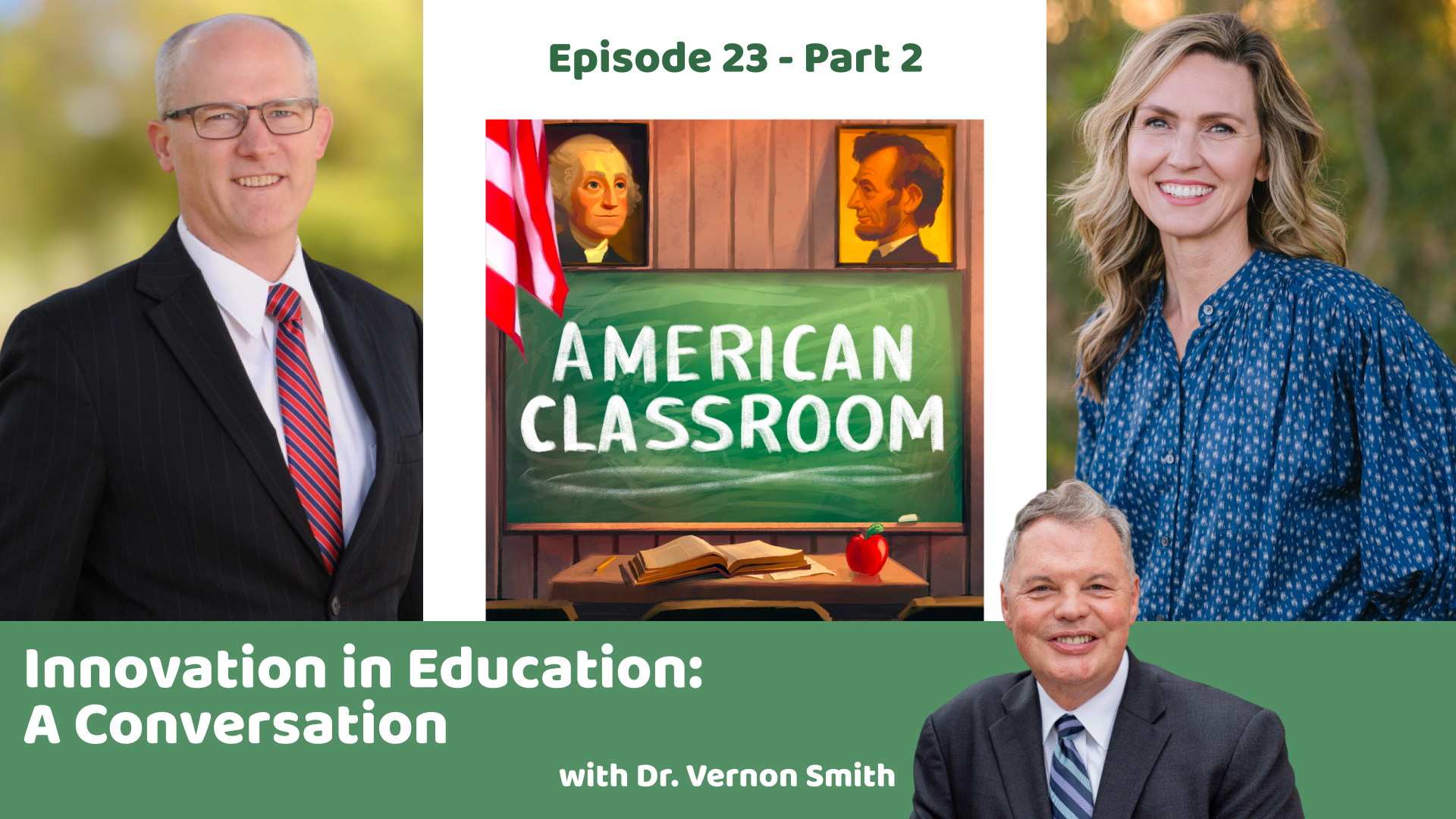
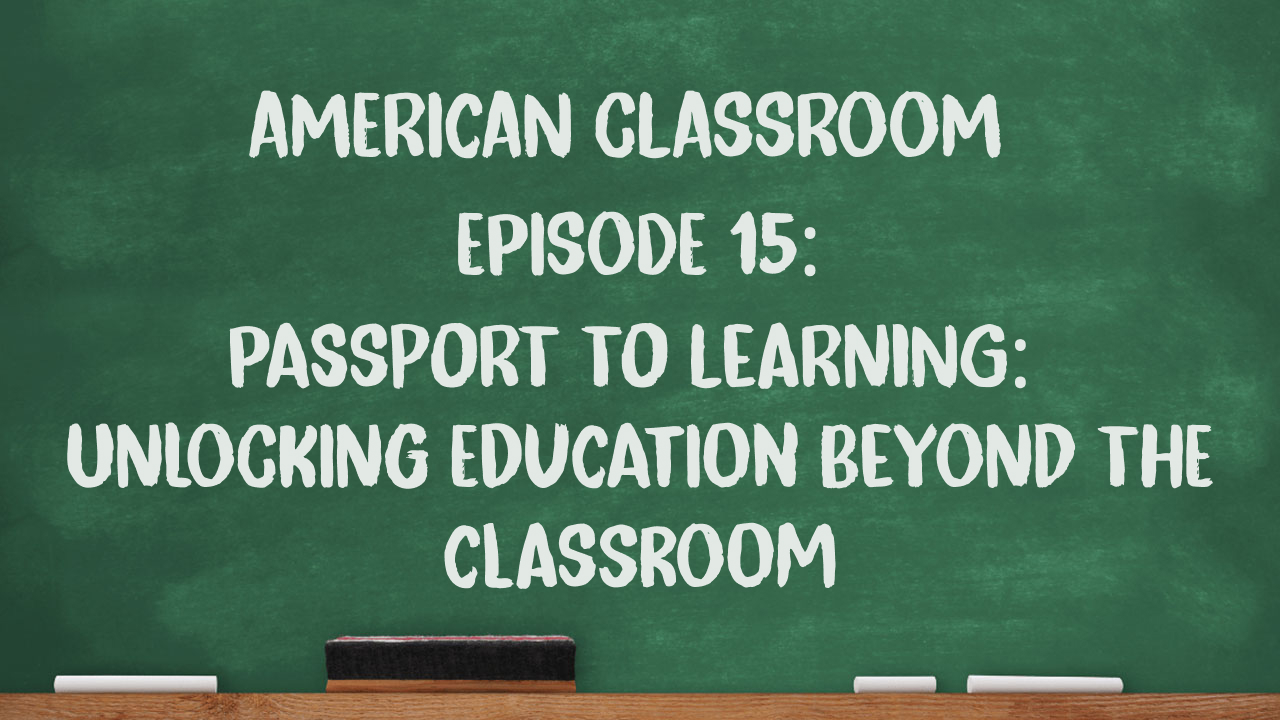

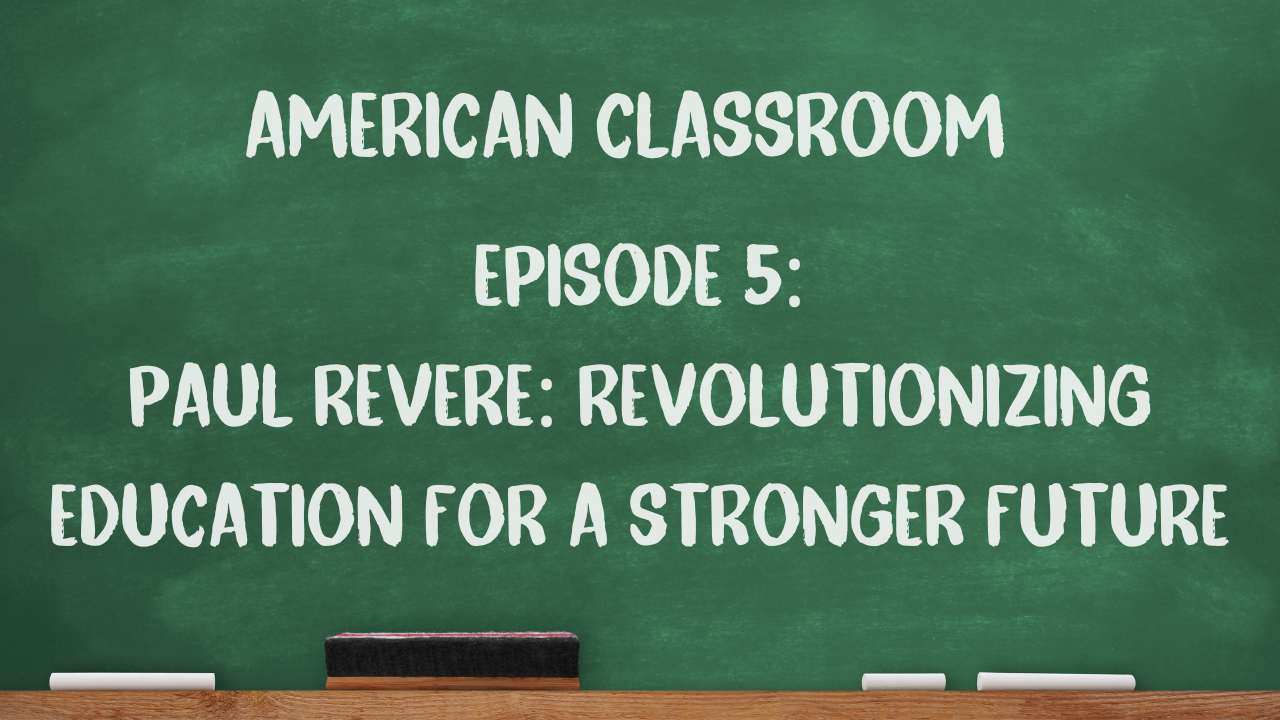
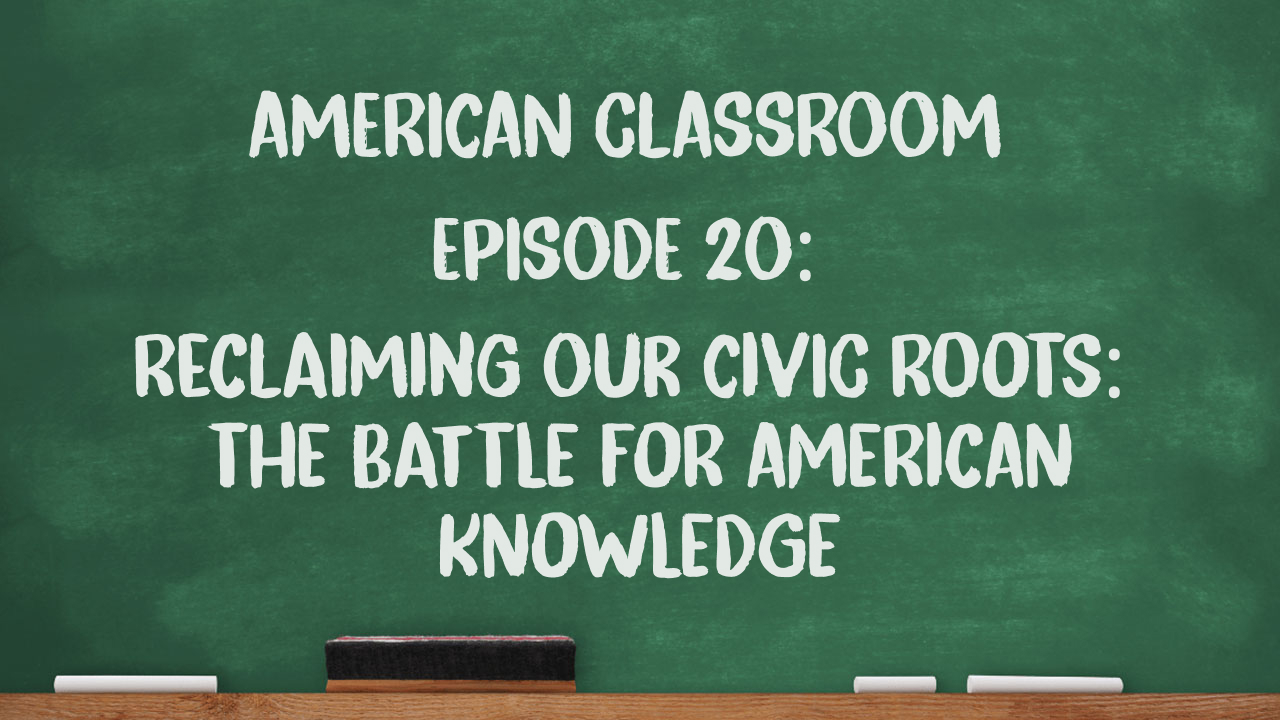
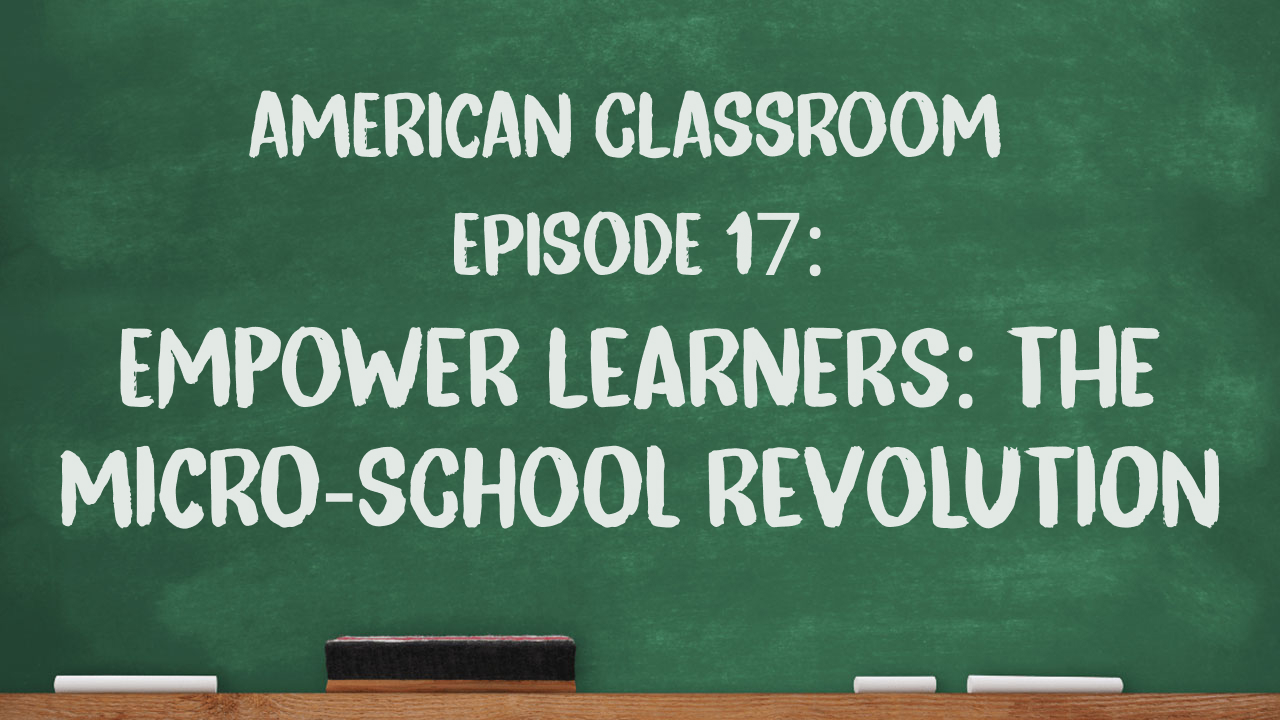
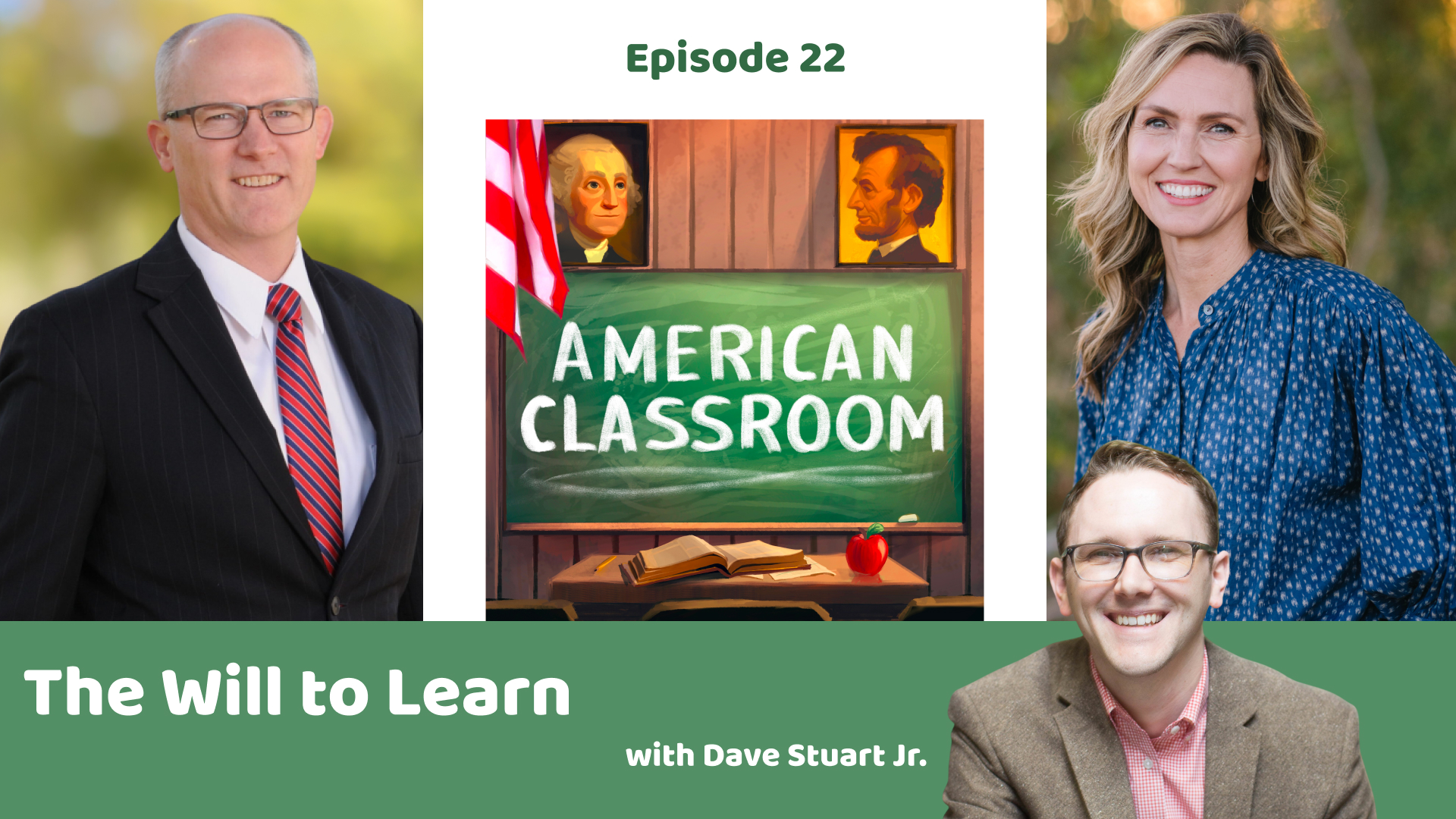
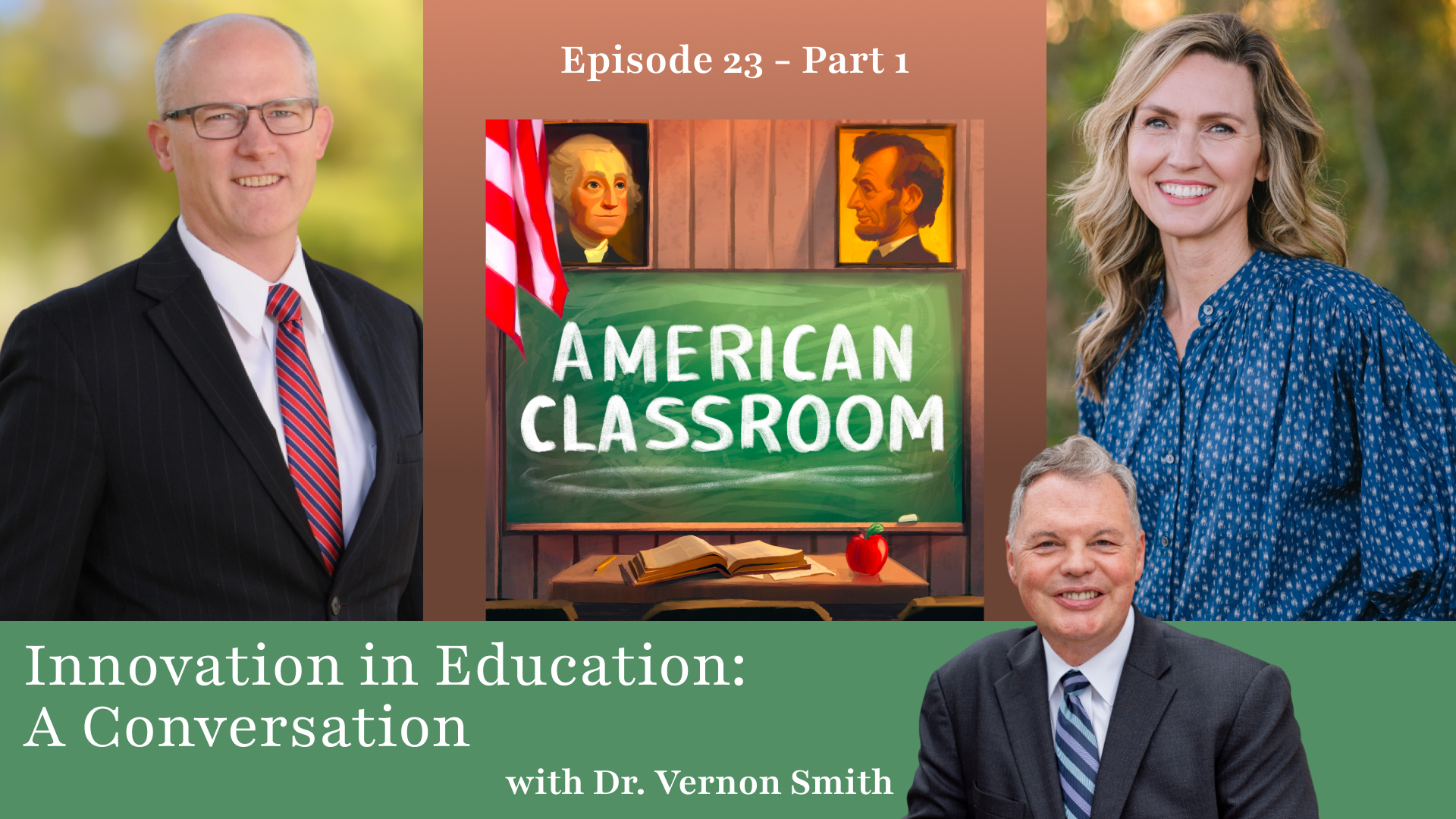
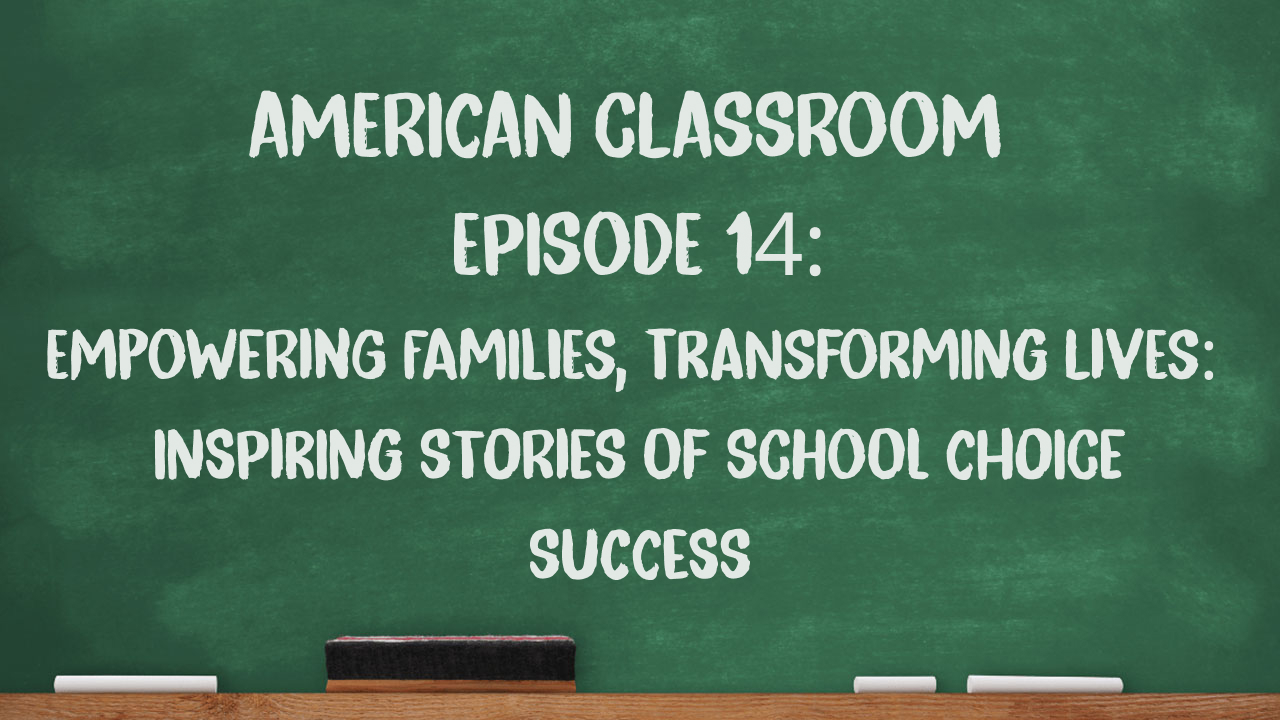
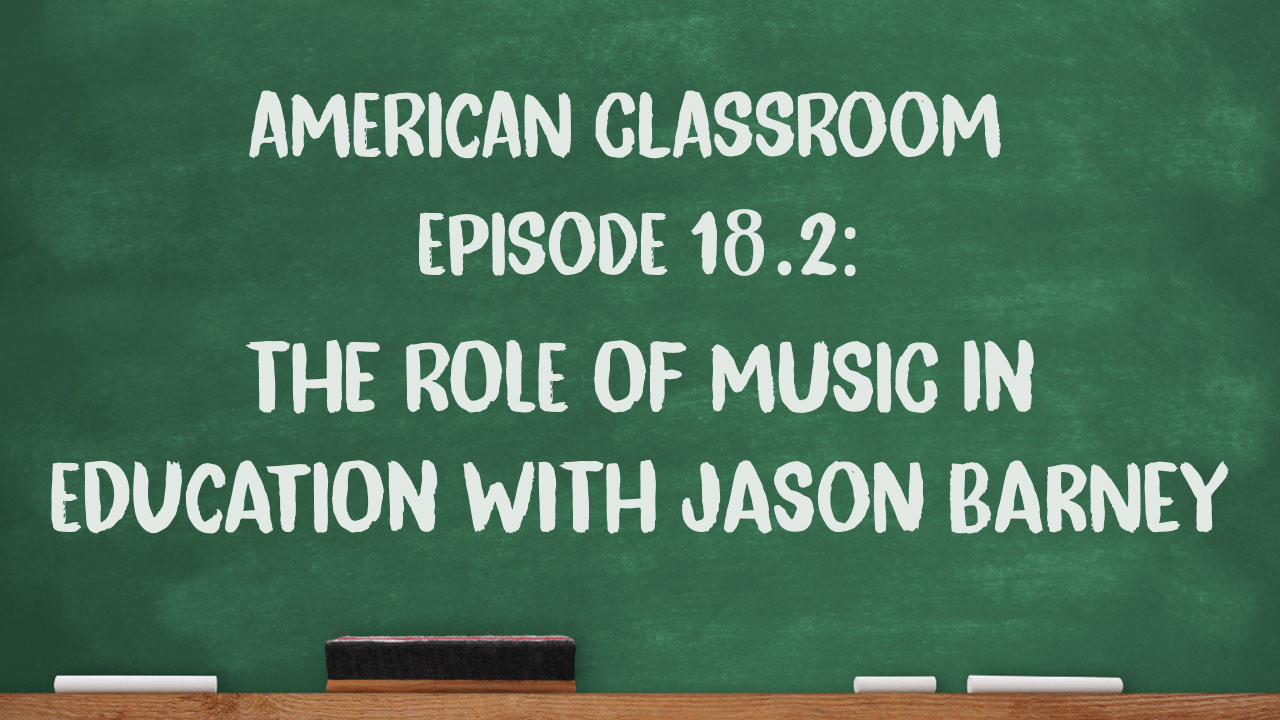
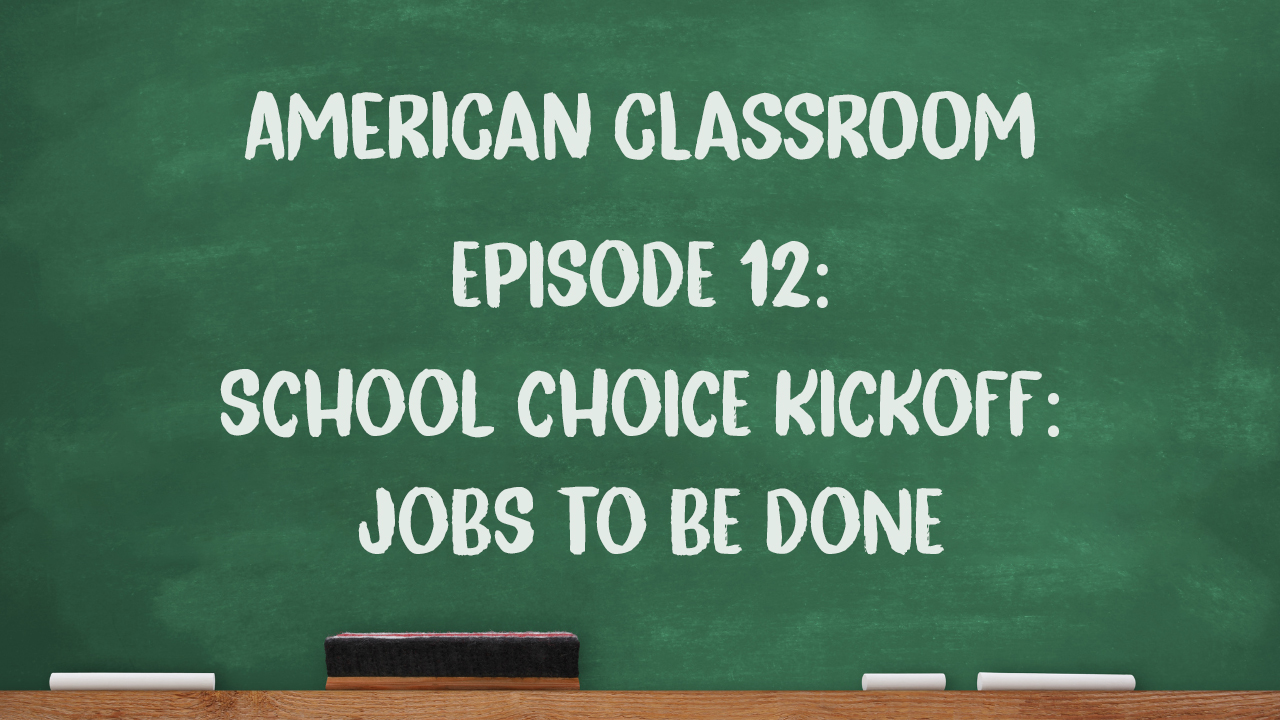

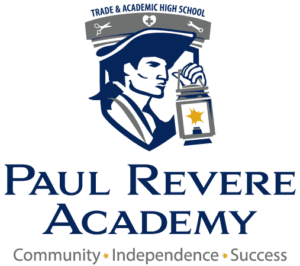

Comments